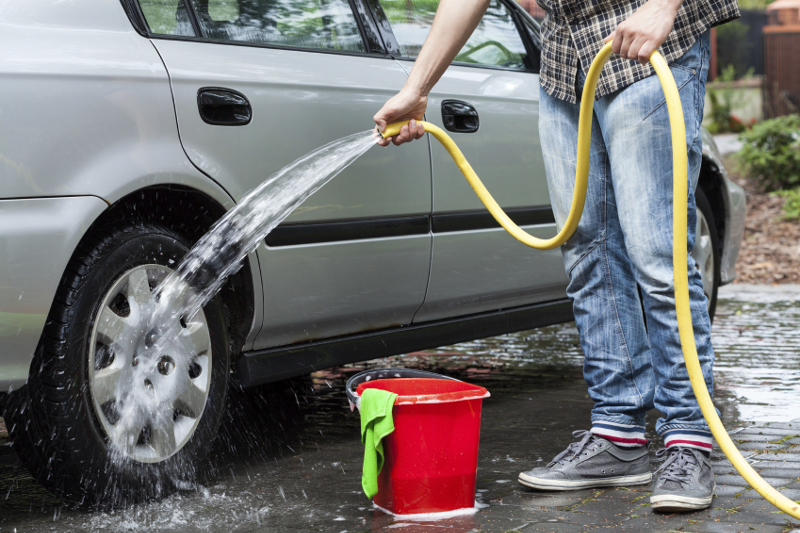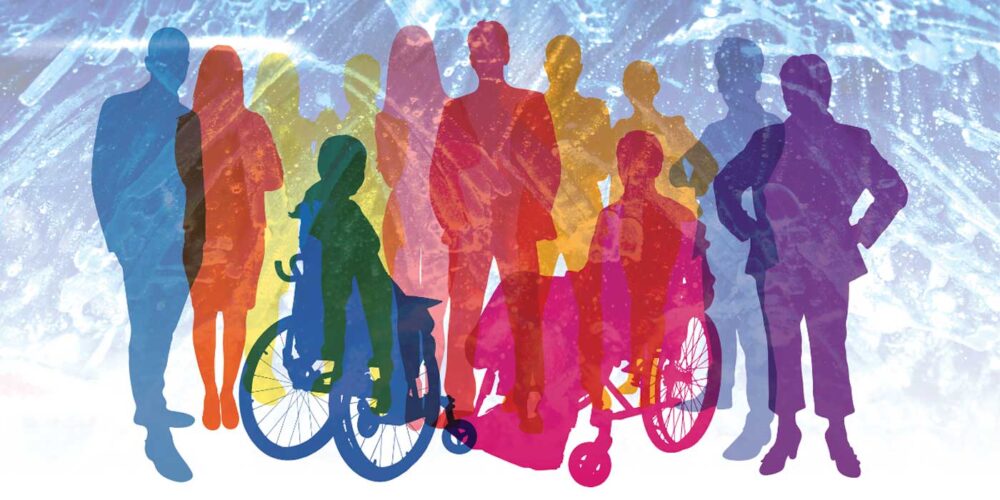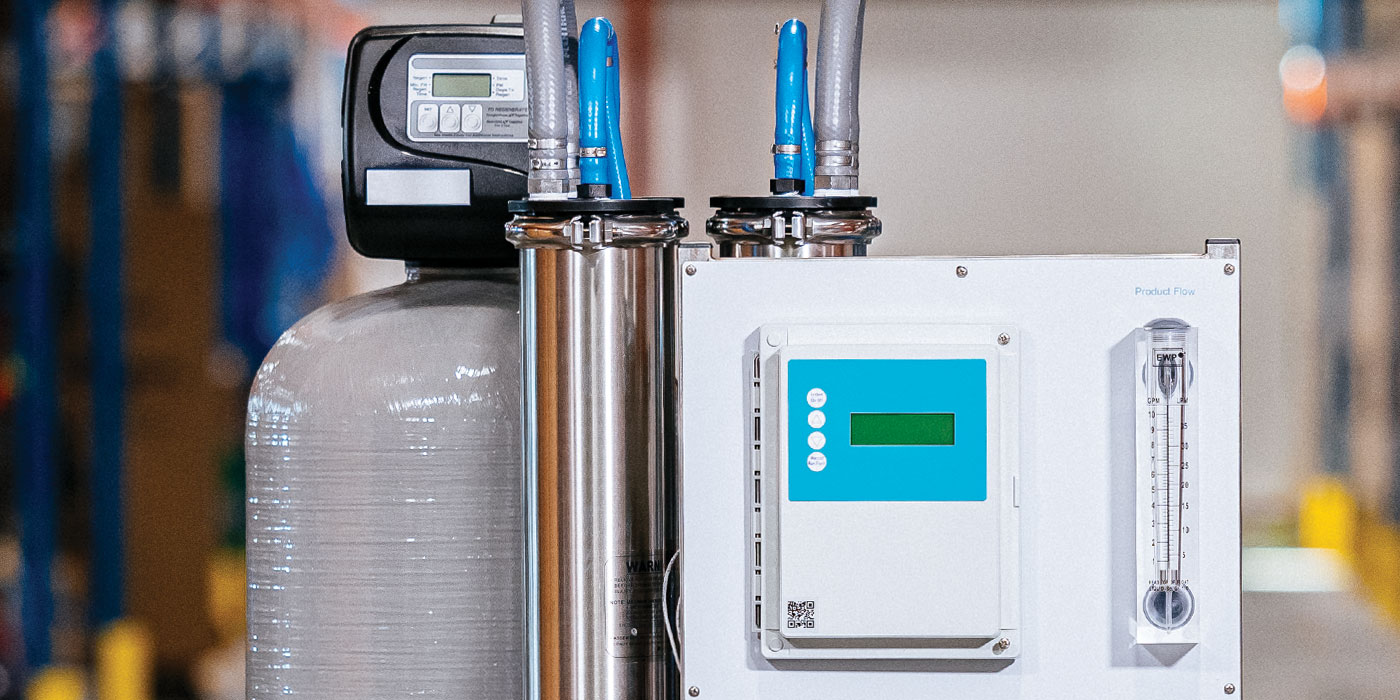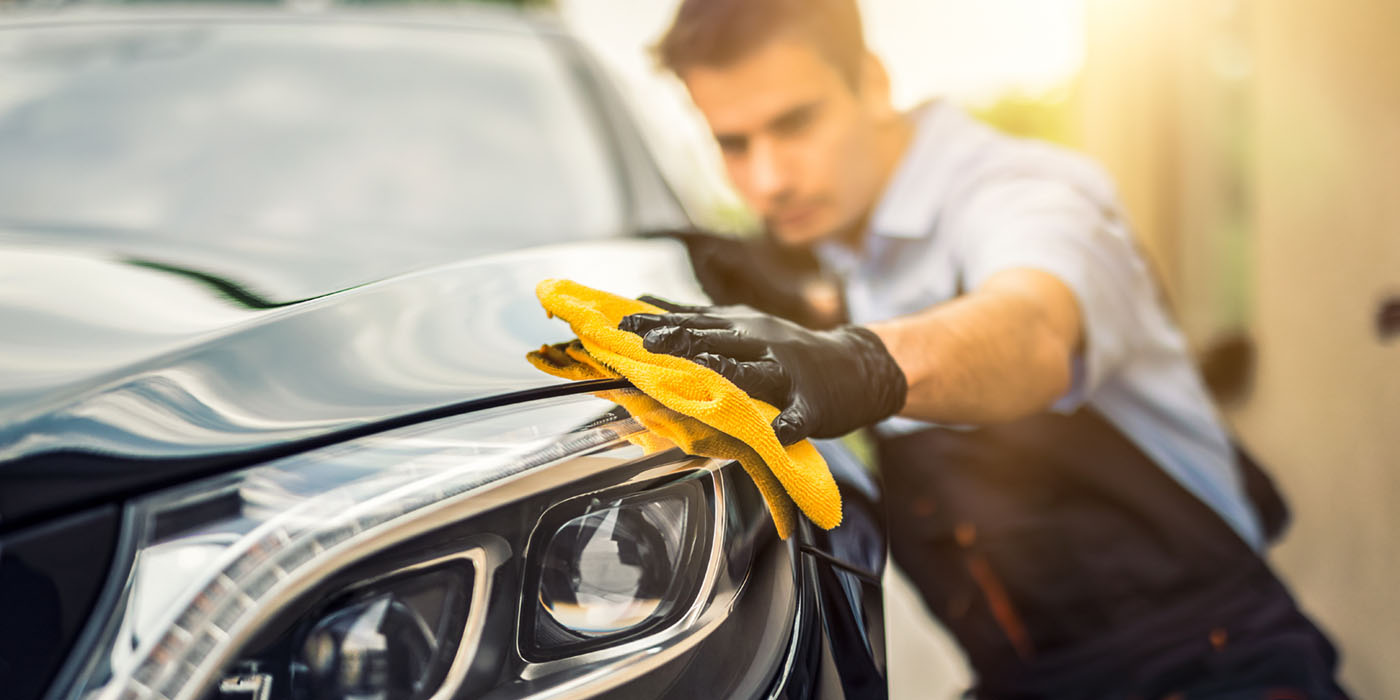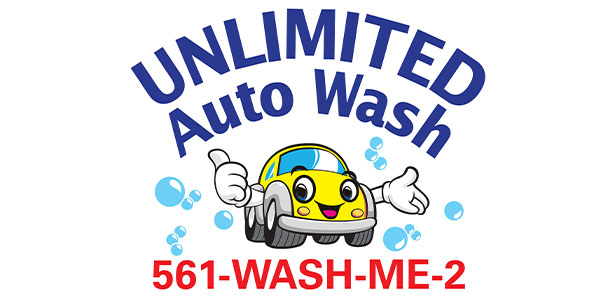Multiple sources are reporting that our planet is in the early stages of a global water crisis. Reports and studies compiled by www.water.org paint a bleak picture concerning access to clean water while emphasizing the importance of improved water conservation in the future. In fact, the website recognizes the water crisis as the current No. 1 global risk. This ranking is based on impact to society as a measure of devastation, and it was announced by the World Economic Forum in January 2015.
In the 2015 report compiled by the forum, a graph of The Global Risk Landscape was laid out.1 In a survey where respondents were asked to rate global risks on a graph displaying impact and likelihood, water crises were rated as highly likely to occur. Also, the potential impact of water crises was rated as more severe than weapons of mass destruction, the spread of infectious diseases and interstate conflicts.
This risk is recognized in a global environment where, according to the World Health Organization (WHO), 663 million people — one in 10 — already lack access to safe water.2 Further droughts, weather changes, territory conflicts and population shifts threaten to expand water crises even more in the future. It is obvious that the only ways to lower the likelihood of continued crises are increased conservation efforts and the smart use of available resources.
Ahead of the curve
After years of industry research, improved technology and continued education, it is safe to say that the carwash industry is ahead of the curve when it comes to water conservation issues. First, climbing water and sewer costs motivated many owners to invest in new water-saving technologies. Forced shutdowns due to droughts drove continued conservation efforts in many tunnels and bays. Finally, water reclaim and pollution reduction were concepts many carwash operators embraced as well.
All of these changes are reflected in the tracking of current consumer trends. The International Carwash Association (ICA) reports that in the mature markets of North America and Europe, consumers increasingly prefer to have their vehicles washed for them versus doing it themselves. In the U.S., the percentage of drivers that report most frequently washing their vehicles at a professional carwash increased from approximately 47 percent in 1994 to 72 percent in 2014.3
Even so, there is still work for savvy operators to do. Now more than ever, it is important for carwashes to continue sharing facts about the environmental damage perpetuated by parking lot charity and driveway washing. Simply put, the professional wash process is both better for the environment and safer for vehicles. Though the majority of consumers in the U.S. now prefer automated carwashing, the industry and operators must continue sharing facts on the subjects of water conservation, water pollution and responsible carwashing.
Educating customers
Thankfully, there are multiple sources actively letting consumers know that parking lot and driveway washing are damaging activities. The two most important problems with do-it-yourself washing are wasting water and polluting waterways. More and more state governments are getting involved in the communication of these facts via online materials and published information.
Massachusetts Energy and Environ-mental Affairs put together a Nonpoint Source Pollution Education piece on carwashing.4 Shared on www.mass.gov, the page reveals exactly how much water is wasted during the average driveway carwash — the report says that 116 gallons of water are used. Next, it shares, “Most commercial carwashes use 60 percent less water in the entire washing process than a simple home wash uses just to rinse off a car.”
The Mid-America Regional Council, based in Kansas City, Missouri, produced a pamphlet advising local consumers to “Wash your car the right way.”5 The pamphlet reveals facts about watershed pollution and carwashing. “Water entering storm drains, unlike water that enters sanitary sewers, does not undergo treatment before it is discharged into our waterways,” it reads.
“When cars are washed on streets and driveways, that dirty water eventually winds up in rivers, streams, creeks and lakes,” the pamphlet continues. “Washing one car may not seem to be a problem, but collective carwashing activity adds up to big problems for our local lakes, creeks and streams. Pollution associated with carwashing degrades water quality while also finding its way into sediments, impacting aquatic habitats.”
One of the listed action items repeated in many of these resources is for residents to call on local carwashes to prevent the water waste and pollution caused by driveway washing. The idea that a commercial tunnel or bay will offer the best option is reinforced by information stating that commercial carwashes require less water because they reuse water several times. Also, water pollution problems are prevented because any discharged water is first sent to the sewer system for treatment.
Protecting the Puget Sound
One area of the country that is especially susceptible to the type of pollution spread by driveway washing is the state of Washington. In its materials, the state’s Puget Sound Car Wash Association (PSCWA) reminds residents that discharging anything other than clean, cold water into Washington state waters is, in fact, illegal. The PSCWA’s materials also share a number of the contaminants that flow down storm drains during driveway and charity carwashes:
- Oil/petroleum
- Dirt
- Grime
- Detergent
- Wax.
A well-known chain of carwashes in the area — Brown Bear Car Washes — has developed a robust Charity Car Wash Program to help prevent this type of pollution from being discharged into the Puget Sound. Stefan Kovalenko, program manager for Brown Bear Car Wash’s Charity Wash Program, adds that zinc from tires and copper from brake pads are other contaminants released by parking lot charity carwashes.
Kovalenko notes that Brown Bear Car Wash locations collect all the pollutants that come off vehicles, and it all goes down into holding tanks. Next, any excess water in the process is flushed into the reclaim system or the sewer system instead of the municipality’s storm system. Quarterly, the carwash holding tanks are pumped out, and the sludge is taken to facilities for further decanting and proper processing of the materials.
“That’s very important here in this area because storm water runoff, of which residential carwashing is included, is the No. 1 polluter of the Puget Sound,” Kovalenko continues. “We provide a service — an environmentally sound service — in place of those washes. Nonprofit groups that participate, frankly, can make more money for less effort. So it’s a win-win.”
Challenging charity washes
Spring of each year is the busiest time for the Brown Bear Charity Car Wash Program, according to Kovalenko. A varied list of groups participates every year in the ticket sales fundraisers. These groups include school groups, local sports teams like soccer clubs, entire sports little leagues, church groups, Boy Scout troops, Cub Scouts and other youth organizations, such as Young Life.
Brown Bear Car Wash sells the tickets to these nonprofit groups for $1.50 a piece, and then the groups market and resell them to raise funds. The higher prices the groups charge generate the fundraising profits. “It used to be a minimum price of $5, and now it’s up to $7,” Kovalenko notes. “While the price has gone up, that means more money for the groups.”
The carwash chain’s charity wash program can trace its roots back to the 1990s. A City of Seattle inspector came to Brown Bear locations and discussed the area’s regulations regarding home and parking lot carwashing. Kovalenko states that Owner Vic Odermat came up with the idea of starting a charity carwash program, and it was originally associated with the Puget Sound Car Wash Association, which Odermat helped form. For approximately a decade, the Brown Bear chain has operated its own Brown Bear Charity Car Wash Program.
Promoting the program
An additional benefit of maintaining this charity carwash program is that it allows the Brown Bear Car Wash chain to remain involved in the communities its washes serve, Kovalenko reveals. Brown Bear is able to support local nonprofits by helping them raise funds, and combined with the environmental effects of keeping pollution out of local waterways, the program provides an opportunity to continually educate different groups and agencies.
Use of the fundraising tickets has continued to increase, and as far as the operation of the actual program itself, nothing much has changed over the last decade. “The only thing that really changes is the minimum selling price for the tickets,” Kovalenko says. “As we’ve bumped up our retail prices a dollar here and there over the years, the minimum selling price has also gone up. But the cost of the individual tickets for the groups has remained the same.”
The popularity and widespread use of the program means that Brown Bear has had to do little to market the charity wash option over the years. The program is included on the Brown Bear Car Wash chain’s website, and Kovalenko notes that the promotion has primarily moved through word of mouth. Again, the recognized importance of preserving the Puget Sound area has helped.
“With the increased environmental education of our public in this area to the plight of the Puget Sound, we’ve gotten word of mouth references,” Kovalenko concludes. “It’s not unusual for groups to call the office and say, ‘Hey, we know that the old-fashioned, traditional charity carwashing is bad for the environment, so we’d like to participate in your program.’”
Michael Rose is a freelance contributor.
Sources:
1 http://reports.weforum.org/global-risks-2015/#frame/20ad6
2 http://www.who.int/water_sanitation_health/monitoring/jmp-2015-update/en/
3 http://www.carwash.org/for-operators/industry-information
4 http://www.mass.gov/eea/agencies/massdep/water/watersheds/nonpoint-source-pollution-education-car-washing.html

